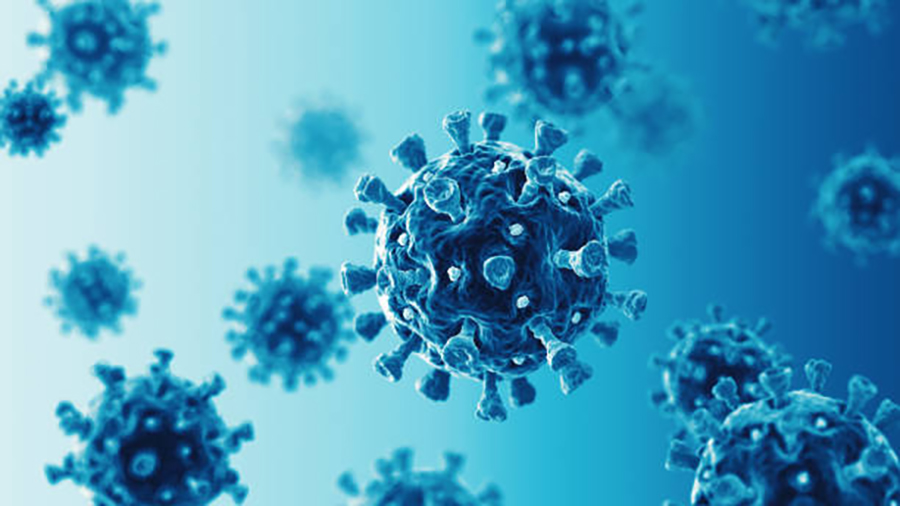
Published on December 20, 2021
Read Time: Three Minutes
The role of infection prevention departments at hospitals and healthcare facilities has come into the spotlight during the COVID-19 pandemic.
Making sure employees are properly wearing PPE (personal protective equipment) and following appropriate hand hygiene measures to keep them safe are among the responsibilities of infection prevention and control departments in the healthcare field.
However, these responsibilities are nothing new to the Infection Prevention team at Phelps Health, according to Quality and Infection Prevention Executive Director Linde Merrow, RN. Infection prevention nurses have been protecting staff and patients for years.
Their job is not only helping to prevent the spread of COVID-19, but also any other infectious diseases – such as the flu or C. diff (clostridium difficile, which causes diarrhea and an inflamed colon) – that could spread in the hospital and clinics.
“Reducing the risk of infection to our patients and staff is the most important thing,” Merrow says. “We want to make sure that we are isolating infectious patients appropriately, so that infection doesn’t go to other patients or to employees.”
Infection Prevention is responsible for reviewing all current patients and checking for infections, including any contagious or hospital-acquired infections. Staff are available to guide and coach physicians, nurses and other workers about proper infection prevention processes and procedures.
Merrow says employees undergo rigorous training and education to become infection prevention nurses. Phelps Health Director of Infection Prevention Debbie Halinar, RN, CIC, is certified in infection prevention and control.
The Infection Prevention Department also must report more than 100 infections to federal and state agencies, including the Centers for Disease Control and Prevention (CDC), US Department of Health and Human Services (HHS), the Missouri Department of Health and Senior Services (DHSS), local county health departments and others.
Additionally, Infection Prevention staff work with the Sterile Processing Department to ensure all devices used in medical procedures are clean and sterilized. The Infection Prevention Department even consults on construction projects.
Like many other departments, COVID-19 has brought changes to Phelps Health’s Infection Prevention Department.
As COVID-19 cases climbed, more reporting was required. “Since COVID-19, that reporting has increased by five times,” Merrow says.
Infection Prevention staff also have to keep up with the latest published scientific evidence to make sure Phelps Health employees are always maintaining proper measures to control the spread of infection.
“Our Infection Prevention Director Debbie Halinar had been watching COVID-19 in November and December of 2019 and what was happening in China. And, we actually, early on in January 2020, put a process in place to screen these individuals,” Merrow says.
As COVID-19 cases continued to rise, Infection Prevention nurses rounded more with the nursing and physician staff to make sure they understood the emerging scientific evidence.
“They were on a daily basis reviewing the evidence that was coming out of the CDC regarding COVID-19,” Merrow says. “Sometimes, the evidence was changing hourly.”
Not only was evidence changing on how to properly isolate and care for patients with COVID-19, but so was the guidance for protecting employees from getting sick.
“Our Infection Prevention team members are dedicated to preventing and controlling the spread of infections, and they take their job very seriously,” Merrow says. “The Infection Prevention staff…they've really stepped up during COVID-19.”
Practice These Healthy Habits
-- Wash your hands regularly with soap and water, or use an alcohol-based hand sanitizer.
-- Avoid touching your eyes, nose and mouth.
-- Cover your coughs and sneezes.
-- Wear a mask over your nose and mouth while in public places and around others.
-- Stay at least 6 feet away from people in public spaces, and avoid large gatherings.
-- If you feel unwell, stay home.